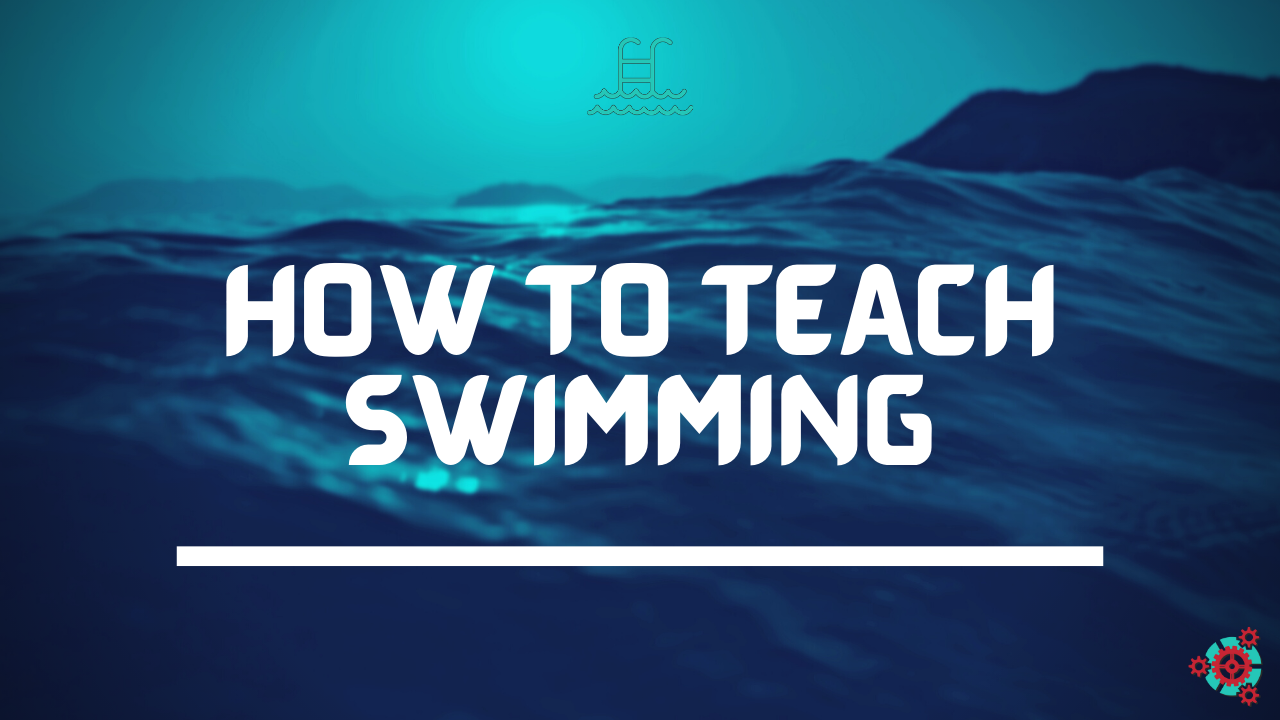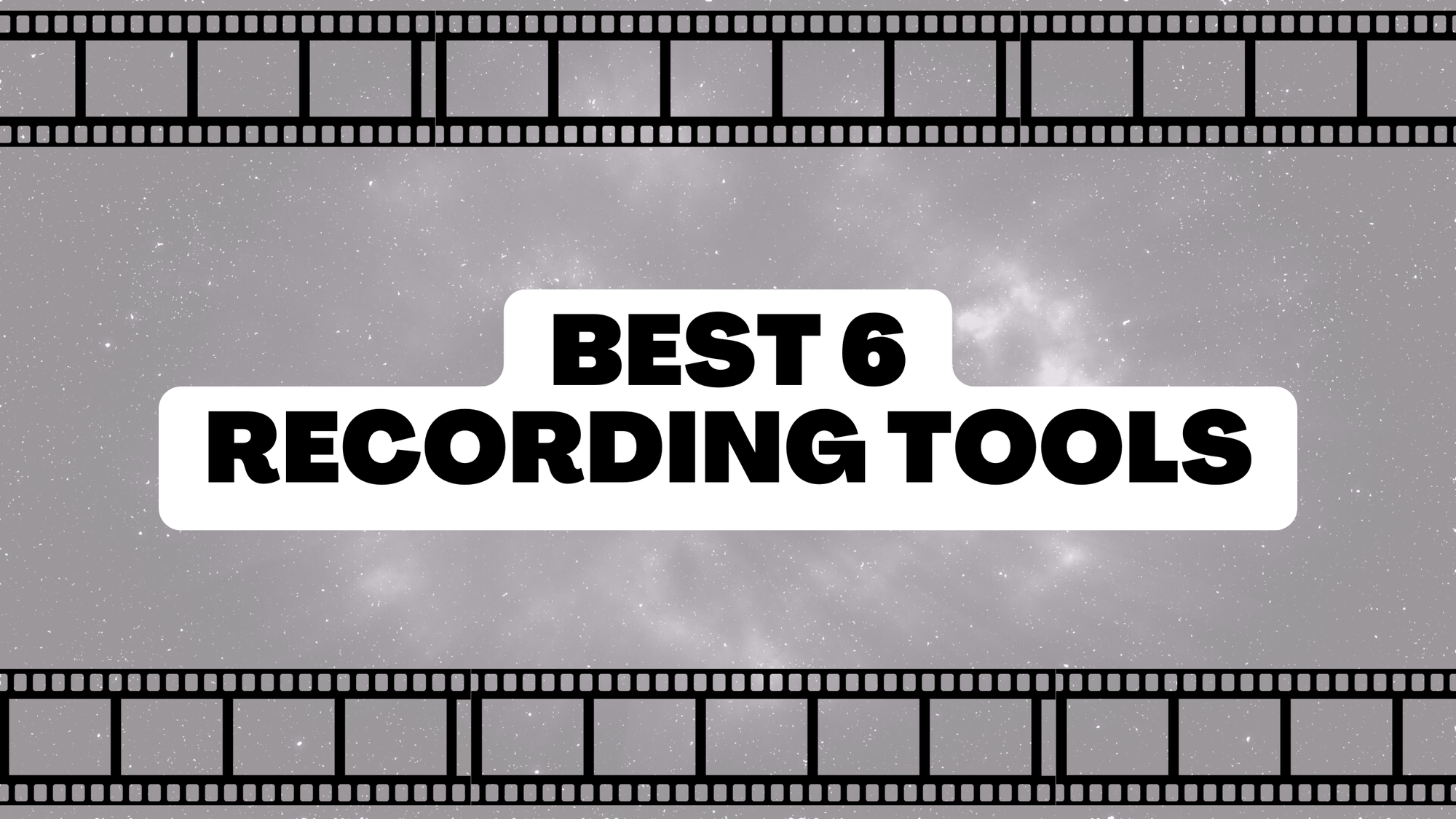Have you ever wanted to become a swim instructor? Maybe you just want to teach your kids even! This post is made for you, whether you are wanting to do it as a job, or simply help a family member learn an important life skill.
Why + Philosophy:
What is the reason you might teach? Are you a lifeguard wanting to expand (in some places you are required even as a guard), perhaps you’re a parent/grandparent wanting to show your kids, or maybe you just are a person who loves being in the pool.
Find that motive, start swimming a bit more often, and get a clue on how it feels to be in the water. Use that as your starting point, as people are way more “how they feel” rather than “how they think” when they are in water. Even the most logical types will default to the reptilian brain some points when swimming. It happens automatically.
Then when you get your first lesson, and learn THEIR why.
How + Physics:
By learning their why you learn how to get started with that student. Maybe they need the logical how to steps to swim, maybe they need some psychology work because they are quite fearful, or maybe they are comfortable but lack direction on the whole thing.
Hence the why/how/what format of these newsletters and my own lessons. Everyone needs all three, but each person has their own starting point. The first thing I’d do if they weren’t actually afraid, is to just simply do what they currently know. Even if it is nothing, or just doggy paddle, there is a lot to be learned from how they try.
From there you’ll almost always see what needs worked on, and in either case (you see or you don’t see) you can start with the three steps.
- Kicking legs straight
- Face Down
- Arms out, dive back in
What + Psychology:
Understanding if and why they are afraid, if they are more introverted or extroverted (seriously makes a difference), if they are more of a visual learner or more of a step by step, etc. I’ve learned so much about how the brain works, and just the psychology of people, from simply teaching for such a long time. It has helped me in so many other areas of my life too.
Swimming is a hard skill, and there are certain points that you hit, that then mark if you have made progress or not. However each person IS different, and you’ll have to give them measurable goals as well.
Conclusion
Finding the pattern of a person, a lesson format, and overall your own teaching style. They all come to into play in some shape or form.
In a later newsletter I’ll be going over my swim lesson levels, where depending on what you know, it will put you into a certain level.
Disclaimer:
This is advice for people to level up their swimming, or perhaps get started in the first place. While you swim you should make sure you are doing so in a public facility with a lifeguard on duty for safety.
![Official Website for Dustin Miller PolyInnovator [LLC]](https://polyinnovator.space/content/images/2025/03/polyinnovator-logo-2024.png)











